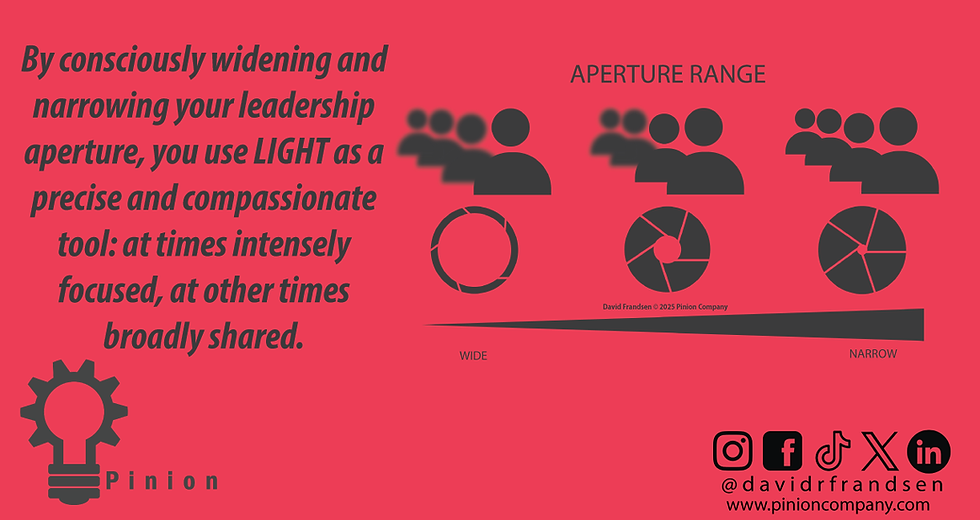Active Listening: The Rosetta Stone of Leadership
- David Frandsen
- Jul 21
- 2 min read

If you’ve been following our conversations about the value of employee check-ins and the challenges of working with people, you know that building a great organization isn’t just about processes or policies, it’s about understanding. But how do we truly understand each other in the workplace? The answer is active listening. In fact, I believe active listening is the Rosetta Stone of leadership: the key that unlocks growth, trust, and real connection, just as the original Rosetta Stone unlocked the secrets of ancient Egypt.
Decoding the Language of Our Teams
The Rosetta Stone was a breakthrough because it allowed scholars to translate a lost language. In leadership, active listening does the same—it helps us translate the sometimes complex, unspoken language of our teams. When we listen actively, we move beyond simply hearing words. We tune in to the meaning, the emotion, and the intent behind what’s being said. We ask clarifying questions, reflect back what we’ve heard, and show genuine curiosity about our colleagues’ experiences and perspectives.
Why Active Listening Matters
Our regular employee check-ins are built on the foundation of open communication. They give employees a platform to share their thoughts, concerns, and achievements, and they give leaders a chance to build trust and understanding. But these check-ins only reach their full potential when we practice active listening. When we listen—really listen—we catch early warning signs of disengagement, uncover new ideas, and create an environment where people feel valued and understood.
Active listening is also the antidote to one of the biggest challenges in leadership: people are hard. Processes are easy to standardize, but people bring their whole selves to work—their ambitions, frustrations, and unique ways of seeing the world. By listening actively, we bridge those differences and foster a culture where everyone can thrive.
Active Listening in Action
· Ask open-ended questions that invite deeper conversation.
·Reflect back what you’ve heard to ensure understanding.
· Pay attention to nonverbal cues—sometimes what’s not said is as important as what is.
· Resist the urge to jump in with solutions; sometimes the best support is simply being present.
· Follow up. Show that you remember and care about what was shared.
Unlocking Organizational Growth
Just as the Rosetta Stone opened up a lost civilization, active listening opens up your organization’s potential. It transforms check-ins from routine meetings into moments of connection. It turns difficult conversations into opportunities for growth. And it helps us build trust and understanding that are the foundation of every successful team.
Let’s commit to making active listening our leadership Rosetta Stone. When we do, we’ll find that the path to growth, innovation, and a truly engaged workplace is right in front of us—all we have to do is listen.




Comments